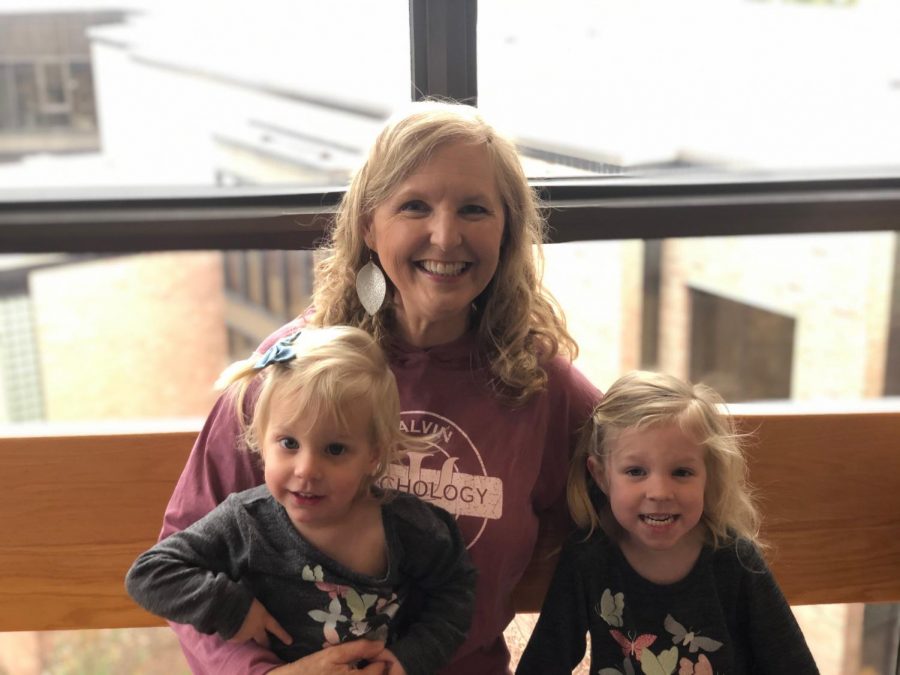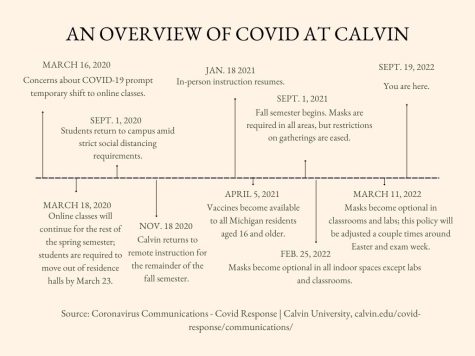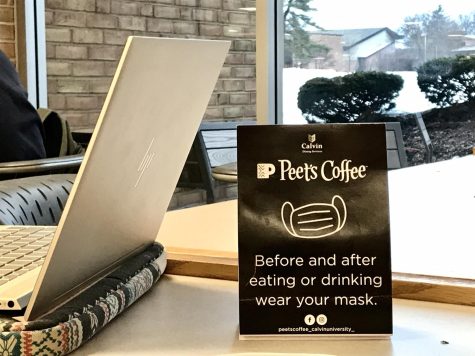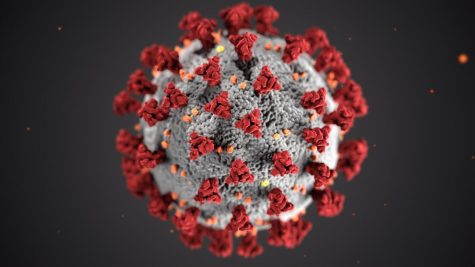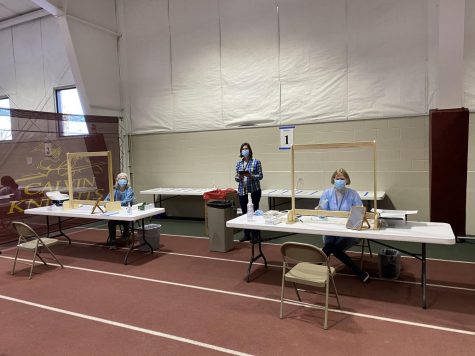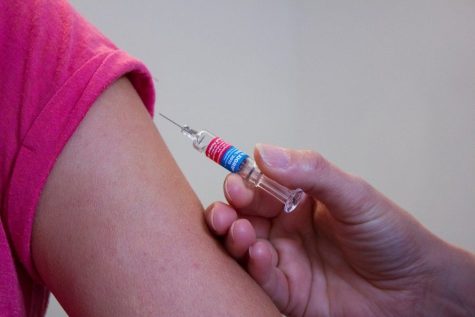As social isolation continues, profs miss grandkids
Yonker had to quarantine strictly for two weeks before seeing her granddaughters.
The day that Calvin announced classes were moving online because of the coronavirus, professor of psychology Julie Yonker’s granddaughters visited her at Calvin. It would be weeks before they could meet again.
Shelter-in-place orders soon followed, as it became apparent that life as normal could result in mass spread of the novel coronavirus. For grandparents, seeing and hugging grandkids could mean getting infected. Calvin professors are among these grandparents, and this loss of time together has been difficult.
According to Yonker, before the virus she and her husband would babysit her two young granddaughters in Michigan once a week and have them stay the night at least once a month. Now, in order to celebrate her husband’s 60th birthday with her kids and grandkids, both her family and theirs had to quarantine strictly — not even grocery shopping — for two weeks. Yonker said her last grocery haul was a large one.
Yonker also has an infant granddaughter in North Carolina, whom she had plans to visit over spring break. They cancelled the trip because of the virus.
Professor Scott Stehouwer, also a psychology professor, has nine grandkids, the farthest of whom live in Rockford, Michigan. Prior to the pandemic, he usually saw them multiple times a week, attending their sporting events and taking them to dinner. Now, he sees his grandkids only over Facetime.
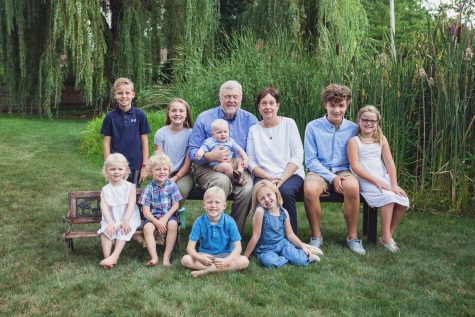
This absence is especially difficult for Stehouwer, as he lost his wife last November to cancer. He’s quarantining with a friend and her daughter, so that he is not totally isolated during this time. Stehouwer’s friend actually had COVID-19, so Stehouwer, who did not get sick, saw the virus up close and personal. This strengthened his resolve to keep his grandkids safe.
Isolation from family and friends is trying psychologically, Yonker said. “Even for introverted people, it can wear on you because we were made to live in community,” Yonker said.
Stehouwer echoed Yonker, pointing to the creation story in Genesis as evidence that we were made to live in relationship with others.
Both noted how technology, although inferior to physical contact, has been important and helpful while social distancing. Yonker said that her two-year-old granddaughter will take the phone from her parents when she sees her “Oma” (Dutch for grandma) on the screen and give Yonker a virtual tour of her house.
Stehouwer thought this pandemic will be a shaping event for his grandchildren. “My grandkids are going to remember this like I remember J.F.K. getting shot or 9/11,” Stehouwer said.




